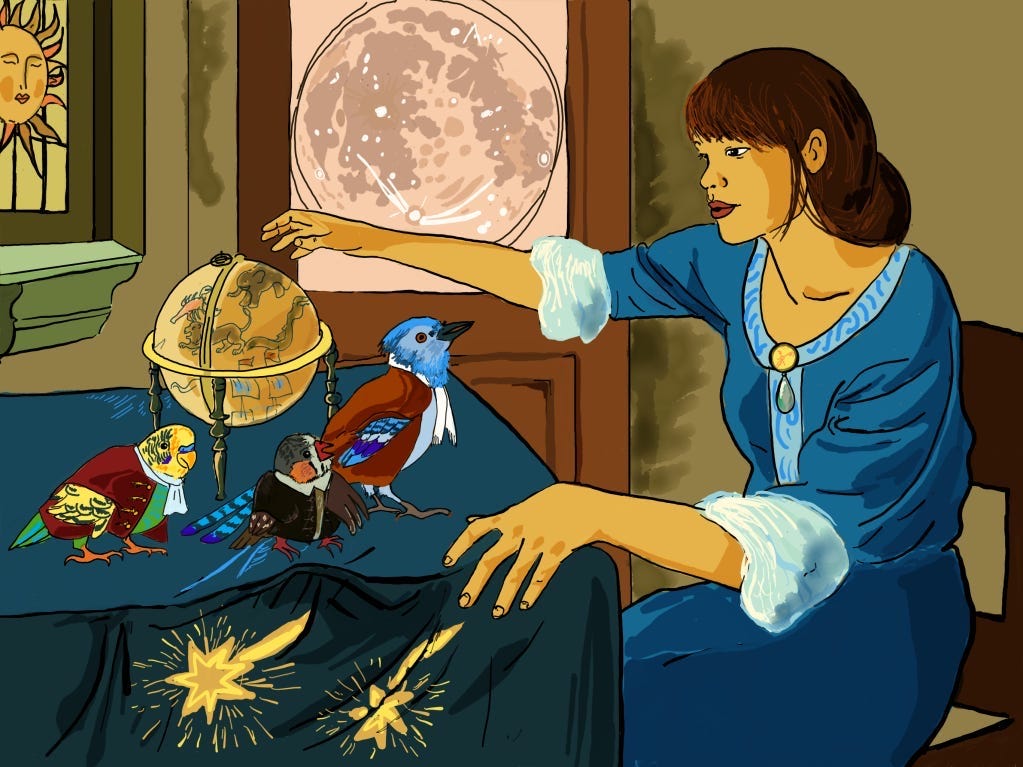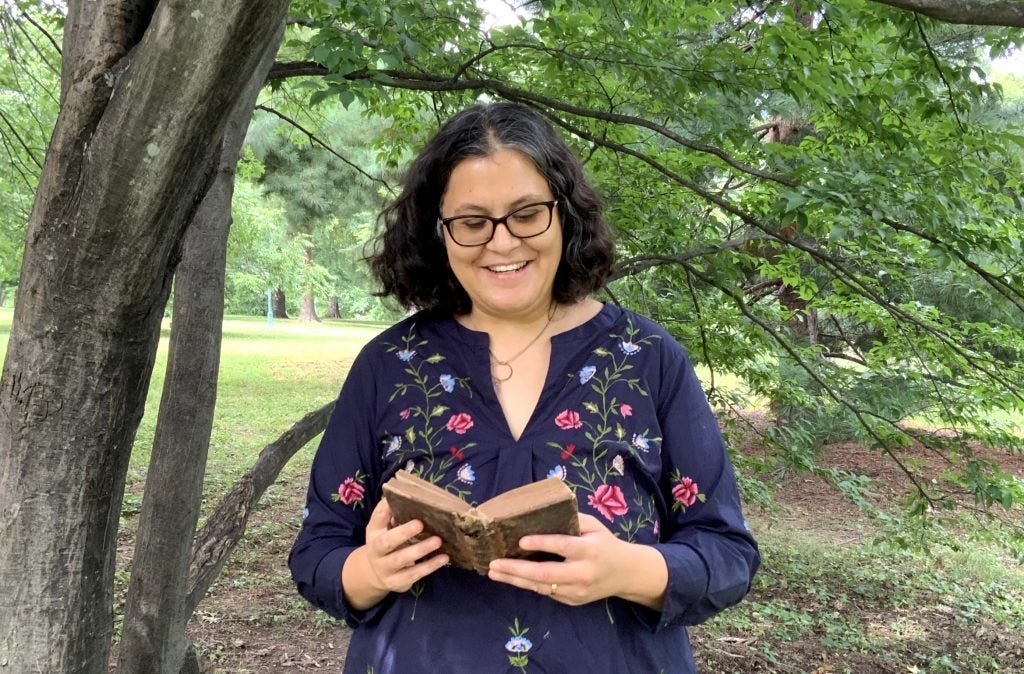I’m not a virtue theorist—not in ethics nor in epistemology—but exemplars are nonetheless deeply important to me, and my friend Helen De Cruz has been a central exemplar for me ever since I met them ten years ago; and they will continue to be an exemplar for me, even now that they are gone.
Exemplars help us to shape who we are and direct the lives we’re given to live. They model character traits; they exhibit ethical or epistemic dispositions; they teach us how to respond to situations in which we might find ourselves. And Helen was an exemplar in all those ways. Experiencing prestige bias in the academy, they researched it, published on it, and campaigned against it; deeply committed to the European project and living in the UK during the referendum on the country’s participation in that project, they responded by gathering voices of those Brexit would harm and making them heard in the national debate; concerned by the environmental impact of in-person academic conferences, and inspired by the possibility of including in online versions people who had historically been excluded because of travel costs, caring duties, disability, or visa restrictions, they campaigned to trial an online version of the Central APA, which ran earlier this year.
I’m not sure what names the virtue theorist would give to the qualities that drove Helen in these and countless other activities: a sense of justice and a total dedication to intellectual integrity of course lay behind much of what they did; certainly also courage; always a sort of firm, determined kindness—when I first started to write speculative fiction, I spoke to Helen about it and we exchanged many drafts of our short stories; we’d Zoom often and, without ever denting my confidence, they steered me away from some stories and experiments in writing that weren’t working, and towards others that worked better.
But there was another sense in which Helen is an exemplar for me. It is not only the way in which they responded to particular situations, but also, and I think primarily, how they curated and directed their life as a whole. I’m not sure how to articulate it, and that difficulty is likely why I need someone like Helen to exemplify it. I understand it by observing what they did; by watching and admiring the way they picked their projects and causes and interests and sources of meaning. Curiosity doesn’t quite do it justice; even awe or wonder, which would seem so apt, since that is the topic of their recent book, doesn’t perfectly capture what I saw in Helen’s life. It was a quiet, deep dedication to exploring the full extraordinary range of topics and issues that engaged their mind, exploring them in the modes they found engaging, and exploring them together in community in a way that eschewed hierarchy and was grounded in a profound intellectual generosity. Instead of doing the things they might have done to succeed in an academic world whose incentive structure and reward model they judged deeply flawed, Helen instead did only what they thought valuable and brought the rest of us along with them.
One of my favourite papers that Helen wrote discusses the way in which we might form friendships with the ancients, beginning with Du Bois’s wonderful passage:
I sit with Shakespeare, and he winces not. Across the color line, I move arm and arm with Balzac and Dumas, where smiling men and welcoming women glide in gilded halls. From out of the caves of evening that swing between the strong-limbed Earth and the tracery of stars, I summon Aristotle and Aurelius and what soul I will, and they come all graciously with no scorn nor condescension. So, wed with Truth, I dwell above the Veil.
There, they describe a sort of friendship we can have with thinkers who have gone; a friendship grounded in our engagement with their thought as expressed in their writings. I like to think of continuing my friendship with Helen in this way. But it is a terribly attenuated form of friendship, and I would very much like to return to the real thing.






Oh this is lovely. I didn't know her well, but I was privileged to be part of a circle of friends she was in, and I got to know her a bit. I wish there had been more time. I will always feel Helen's influence and always wish I could talk to her to more than I did. Thank you.
What a wonderful and befitting memorial and testimony to one of the losses among people and friends (in the sense of pen friends of my youth, as my acquaintance with Helen was exclusively but not thereby less impacting thrrough Facebook) that has left me most sad in a long time for the anticipated loss of an irreplaceable voice, mind and soul in the future. Thank you, Axel Mueller